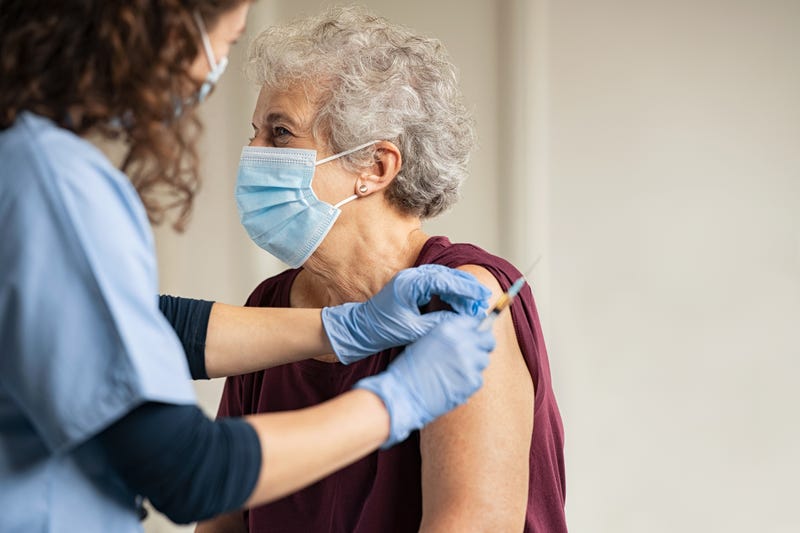
The American public has a lot of questions about the COVID vaccines - about the distribution, the efficacy, the priorities that spell out who gets it and when. What role are our local health care providers playing in the overall response to the pandemic? Newell invited Dr. Thomas A LaVeist onto the program Monday to discuss. Dr. LaVeist is the Dean of Tulane University’s School of Public Health and Tropical Medicine.
“It’s always a pleasure for me to highlight the role that our local folks have played in the fight against COVID,” Newell began. “The course of this pandemic really has been altered by some of the things that we’ve come up with and suggested. Can you tell our listeners more about that?”
“We played a prominent role,” LaViest said. “Tulane was the first institution in the country to receive the virus from China for research purposes, and started working on the kinetics of it very early on. We’ve also been involved in creating new testing methods, even at the Federal level. President-Elect Biden’s transition team met with us recently to learn how we are dealing with vaccine distribution, and help advise them on their plan.”
“Even in regard to some of the ways that we treat the disease - I know that ventilators were utilized heavily early on, and some of our physicians here at Tulane, LSU and others were the first to recognize there were alternative measures that might have a better outcome,” Newell continued.
“Yes, we were very active in addressing the management of the disease here,” LaVeist said. “We were one of the early hot spots, so a lot of that learning happened here in New Orleans first and then went all over the world.”
“The Biden Administration will roll in on January 20th, and there’s already some marked differences in their approach,” Newell said. “One that is coming up right now is that the incoming administration says they plan to end the policy of keeping COVID vaccine doses in reserve. It seems more and more people are falling in line with the idea that it’s better to get as many people vaccinated with the first dose and worry less about if they’re going to get the second dose. Your thoughts?”
“I’m ambivalent about it, quite frankly,” LaVeist answered. “I’d like to get as many people vaccinated as quickly as possible, but I do think that we could potentially face a problem on the back end if we are not able to provide that second dose, as the manufacturers recommend. I’d prefer maybe a less aggressive strategy that would ensure we have enough doses to make sure everyone gets the second dose.”
Hear the entire interview in the audio player below.
